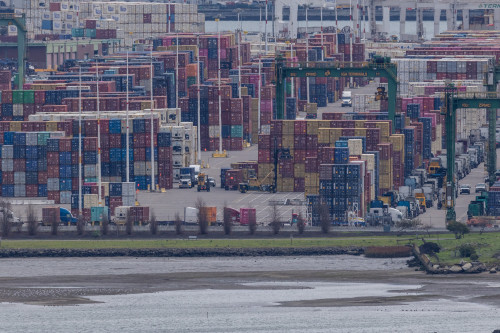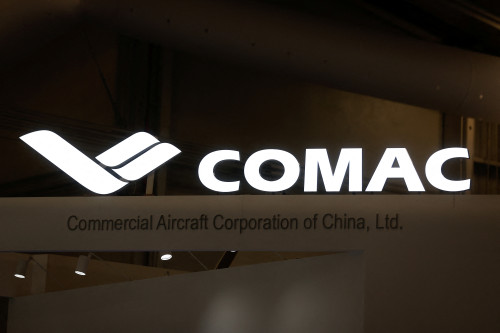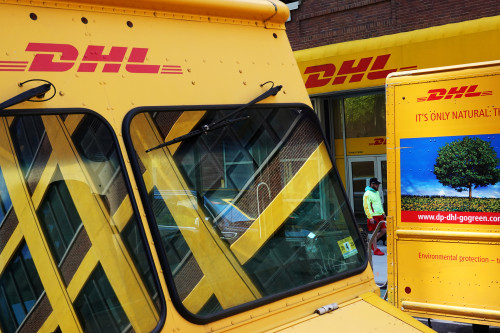By David Lawder, Andrea Shalal
WASHINGTON (Reuters) -President Donald Trump opened yet another front on Tuesday in his assault on global trade norms, ordering a probe into potential new tariffs on copper imports to rebuild U.S. production of a metal critical to electric vehicles, military hardware, the power grid and consumer goods.
Trump, looking to thwart what his advisers see as a move by China to dominate the global copper market, signed an order at the White House directing Commerce Secretary Howard Lutnick to start a national security probe under Section 232 of the Trade Expansion Act of 1962. That is the same law Trump used in his first term to impose 25% global tariffs on steel and aluminum.
A White House official, briefing reporters on condition of anonymity, said any potential tariff rate would be determined by the investigation, adding that Trump preferred tariffs over quotas.
White House trade adviser Peter Navarro said the investigation would be completed quickly, “in Trump time.”
Navarro said China was using state subsidies and economic influence to gain control over global copper production, in much the same way it now dominates steel and aluminum production.
That said, the countries set to be most affected by any new U.S. copper tariffs would be Chile, Canada and Mexico, which were the top suppliers of refined copper and copper articles in 2024, according to U.S. Census Bureau data.
“Like our steel and aluminum industries, our great American copper industry has been decimated by global actors attacking our domestic production,” Lutnick said in a statement. “To build back our copper industry, I will investigate the imposition of possible tariffs.”
Lutnick said U.S. industries and national defense depend on copper and “it should be made in America, no exemptions, no exceptions.”
“It’s time for copper to come home,” Lutnick said.
The White House official said the investigation would look at imports of raw mined copper, copper concentrates, copper alloy, scrap copper and derivative products made from the metal. The official declined to identify any specific derivatives, saying that would prejudge the investigation.
The official said the Department of Energy recognized copper as a critical material in the medium term due to increased demand for solar energy technologies and global electrification, noting that it was the second most widely used material in U.S. weapons platforms.
The official said based on current demand for electric vehicles and power-hungry artificial intelligence applications, there will be a U.S. copper shortage in the future, and the United States cannot develop adequate copper smelting and refining capacity unless there is a reasonable certainty of long-lasting trade protection for the sector.
Phoenix-based Freeport-McMoRan, the world’s largest copper producer with operations across the United States, Latin America and Indonesia, did not immediately respond to a request for comment on Trump’s order.
The company produced 1.26 billion pounds of copper last year at its seven U.S. copper mines. All of that copper is consumed inside the United States. Freeport operates one of only two U.S. copper smelters. Freeport also operates the world’s largest copper mine, Indonesia’s Grasberg, but all of that facility’s metal is exported to Asian customers.
The move is the latest effort by Trump to build a tariff wall around the U.S. economy as part of his drive to rebuild a long-declining U.S. manufacturing base and redraw decades of trade relationships.
Trump said on Monday that separate 25% general tariffs on imports from Mexico and Canada were “on schedule” ahead of a March 4 implementation deadline despite efforts by both to avoid them by securing their U.S. borders and halting the flow of fentanyl, the deadly opioid.
(Reporting by David Lawder and Andrea Shalal; Editing by Dan Burns and Will Dunham)








